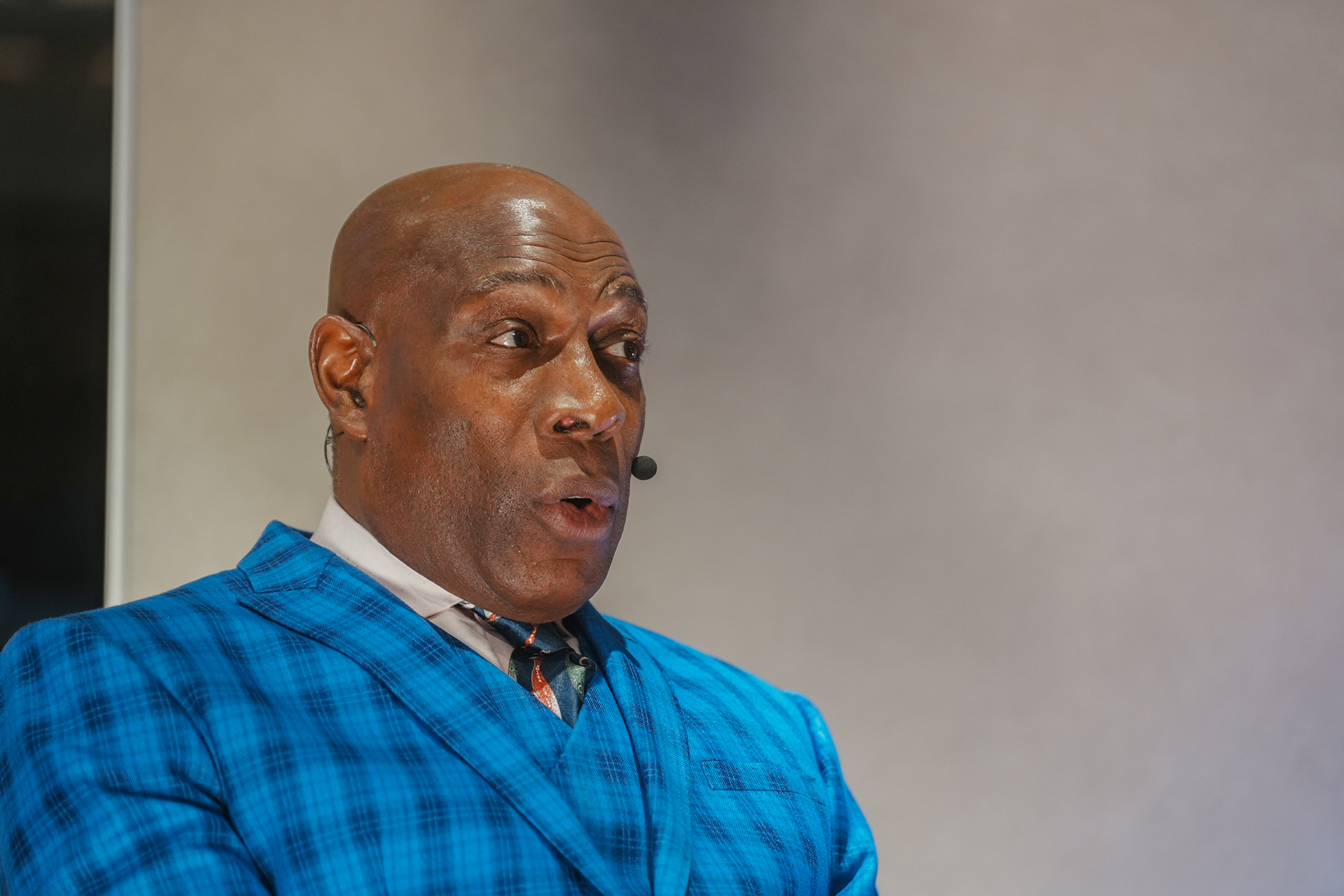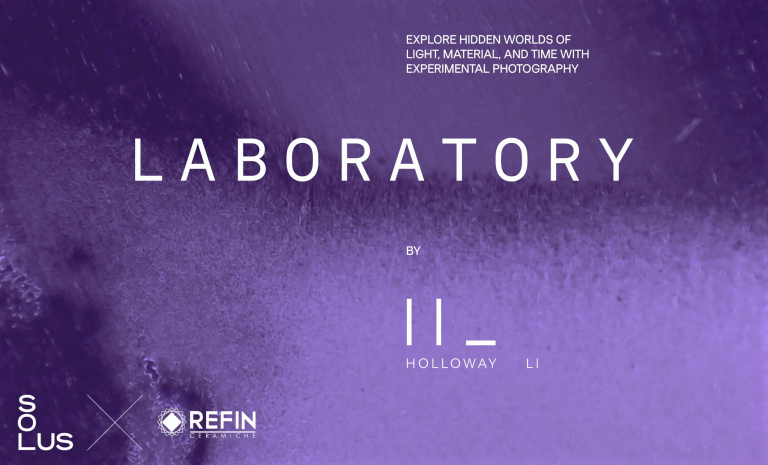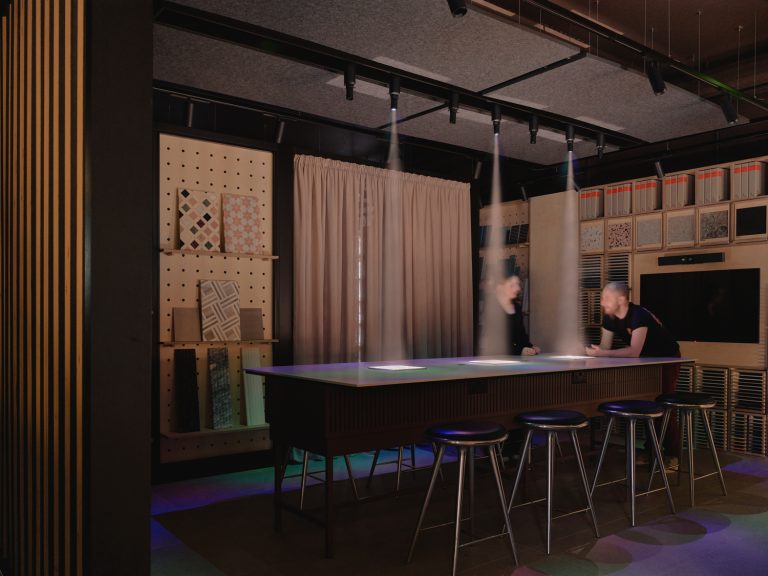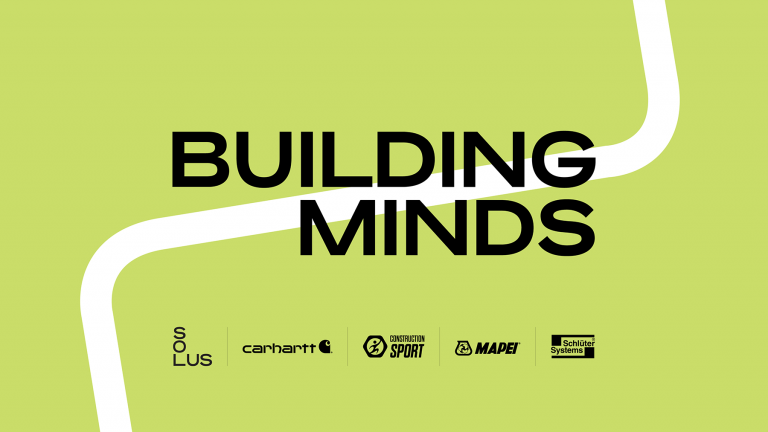Former World Heavyweight Champion and mental health advocate, Frank Bruno MBE joined us in Clerkenwell in late November as part of our event series Building Minds. Frank has been open about his experiences of bipolar and has been instrumental in challenging the social stigma associated with mental illness. We were delighted to hear him speak with Conleth Buckley, Solus PR Executive, at Building Minds, an event that focused on mental health in the construction sector. The following is a composite of several conversations that took place prior to and after event, as well as the interview from that evening.

Building Minds: In conversation with Frank Bruno
24th January 2024
Frank, thanks for joining us this evening for Building Minds. May I just say you look fantastic!
Thank you, thank you. You’re making me blush.
Our event tonight is about mental health in the construction sector. You have been outspoken about the importance of mental health in the past few years, drawing upon your own experiences of bipolar. Can you tell us a bit about that?
Yeah sure, bipolar is a very wicked thing. Sometimes you’re high, sometimes you’re low, you get the hump. It affects your mood, you know?
I think I’ve had bipolar my whole life, although I didn’t know it at the time. When I retired, it really started to show itself. Like a lot of sports people, I wasn’t sure what to do with myself. I’ve always loved music, so I thought I’d try my hand at DJ-ing. Of course, this meant I was out working at clubs and events a lot and burning the candle at both ends. That took its toll, and I began to get exhausted, though I didn’t realise it. I went through a divorce, which was awful. Then my trainer, George Francis, died by suicide and I began to go downhill.
My family was worried about me, but I didn’t understand why. Then came the crash. I was sectioned under the Mental Health Act. Hospital bed, doctors dishing out tablets, poking and prodding, whispering that scary phrase: mental health issues. I fought that diagnosis hard. Didn’t want to believe it, couldn’t believe it.
Truth is I couldn’t escape it. Had to face it. Learn to live with it. Took time, mate, a lot of time. Therapy, medication, learning to listen to my own body and mind.
I still have my wobbly moments, bad days. But I know the drill now. Reach out for help, take my meds, exercise, exercise, exercise, ride it out until the sun shines again. And believe me, it does shine again. Brighter than ever sometimes.
You spent some time in hospital because of your illness and have written about how difficult it was. Can you tell us about that Frank?
Well, it ain’t the Hilton, that’s for sure! My first two times being sectioned were, let’s just say, not my idea. Being locked up against your will when you think there’s nothing wrong with you is horrible. They jabbed me in the bum, and I was like a zombie for weeks. Couldn’t think straight, couldn’t sleep properly, couldn’t even face the toast in the morning.
I realise now that it was a necessary step on my journey to living with bipolar. If I hadn’t spent time in hospital I don’t like to think where I’d be now. In group therapy, I learned about other people’s coping mechanisms, learned to dance with the darkness one wobbly step at a time. Hospital was no picnic, but I got the help I needed there and when I got out, I had the tools I needed to stay mentally healthy.
You’ve said that you now think your bipolar was evident from when you were about eight years old. That probably explains some of your difficulties in school. You are also dyslexic. Did that have an impact?
Ah, school. Let’s just say it wasn’t exactly my cup of tea. One minute I’d be buzzing, next minute, I’d be lost in a daydream, staring out the window at the pigeons.
Then there was the dyslexia. Undiagnosed in those days. Reading was a chore; writing was a nightmare. Back then you were just considered stupid or naughty, but I knew I wasn’t stupid. I was very frustrated. I got in a bit of bother, was expelled, and sent to a special boarding school, Oak Hall.
You’ve said that Oak Hall was the making of you. What did you gain from being sent there?
Yeah, the teachers there channelled my energy into sports. I did everything, football, cricket, athletics, even horse-riding! But I really took an interest in fighting sports. I did karate for a while before convincing my form teacher to let me train at a local boxing gym. After that, I came up the amateur ranks quickly and was the youngest ever British amateur heavyweight champion.
You had a glittering career as a heavyweight in a period when there were some absolute monsters. Cummings, Witherspoon, Bugner, Tyson, Lewis, McCall. Who hit you the hardest?
The taxman! No, of all of them I’d have to say Floyd ‘Jumbo’ Cummings. I can still feel the right hand he gave me in 1983.
One of my favourite fights of yours was against Tim Witherspoon. Although you eventually lost that fight, you gave him a good run. He was a talented boxer, wasn’t he Frank?
I was a youngster when I fought Tim Witherspoon. I shouldn’t have fought him because I needed more time to get more experience, but I was knocking people over like skittles, so my management thought I needed to get tested by a guy like Tim Witherspoon. He was a very good fighter, scary! If you know your boxing he was up there with Larry Holmes, borderline Muhammad Ali.
Everyone knows about your two fights with Mike Tyson, but they perhaps don’t know that you trained together as young men in the Catskill Mountains.
Yeah when I was eighteen, I went to America for three months, had a fight over there, met Mike Tyson in the Catskill Mountains with his trainer, Cus D’Amato. Two weeks, good knowledge – sitting down with Cus was very, very wicked, very educational. And of course, high altitude training. He was old school, he’d have a fight with anybody, lots of tips – he understood the mind, the body, and the soul.
Many of us here remember the glorious night in 1995 when you took the WBC Heavyweight Champion belt from Oliver McCall. Tell us about that fight.
(Big cheer from the audience – Frank laughs)
That was exciting! Yeah, Oliver McCall, a very dangerous fighter. I feel I got him at the right time, you know what I mean? I controlled the fight until the fifth when he got a couple of digs in. By the eleventh we knew he had to go for the KO or stoppage. He nearly got it too! Rocked me with an uppercut and a hard right. I hung on though and won by unanimous decision.
So yeah, very dangerous fighter, but I thank God, for a long time I’d been trying to get my hands on the WBC Belt and now I’m a part of history.
You’ve experienced some of the highest highs and the lowest lows in your life so far, Frank. Do you think that the personality of the boxer is naturally extreme and maybe predisposed to mental health challenges?
To get into the ring with someone to get your head punched in you’ve got to be either kinky or mad! But seriously, I honestly don’t know. If anyone tells you that boxing is safe or that it doesn’t cause damage – don’t believe them. Its brutal, but it’s a choice we make freely. We’re gladiators and I’m proud of that.
Frank, tell us a bit about your Foundation.
My struggles with mental health were very public because of who I was. It’s not what I wanted but it is what it is. I set up the Frank Bruno Foundation to do something positive with my so-called celebrity name, or notoriety if you like! I thought I could do something useful to help people going through hard times.
We offer free, non-contact boxing classes. Therapy with gloves on. The gym becomes a safe space, a place to sweat out the anxieties, pound away the doubts, and build up that inner strength, one jab at a time. It’s not about becoming a Rocky Balboa, it’s about rediscovering your own fighting spirit, your own resilience.
We have workshops, talks, support groups – a whole toolkit for managing your mental health. We connect folks with the right resources, from therapists to doctors to fellow fighters who’ve been there, done that. The whole point is to show folks they’re not alone. To let them know that even a heavyweight champion like me has gone through it and come out the other side stronger.
We’ve currently got one location in Northampton, but we’d like to expand across the UK. We’ll need more funding for that. I’d like to see the government do something about the crisis in mental health, particularly men’s mental health, with this type of health club. Somewhere people can come down, get a workout if they want, get a cup of tea if they want, have a chat.
At this point, I have to say, if anyone wants to donate or do a sponsored walk/run/hop skip jump for my charity, please, if you can help it, it would be much appreciated. We don’t have high wages. My management team or myself do not get paid at all. The money we get goes to pay for the work and we are desperate for money every month.
Thanks for joining us tonight, Frank. I mean this most sincerely when I say that you are an inspiration. Your candour about your mental health really helps men to accept and talk about their own struggles. Thank you for challenging the idea that hard men don’t struggle with or talk about mental health.
Thanks very much boss, it’s been a pleasure, know what I mean ‘arry, he he he…
For signed copies of Frank’s latest book “60 Years a Fighter” or a pair of signed gloves visit www.frankbruno.co.uk.
Follow Frank on social media @Frankbrunoboxer
Please note, no part of this interview can be reproduced without permission. Any any enquiries, please contact [email protected]






